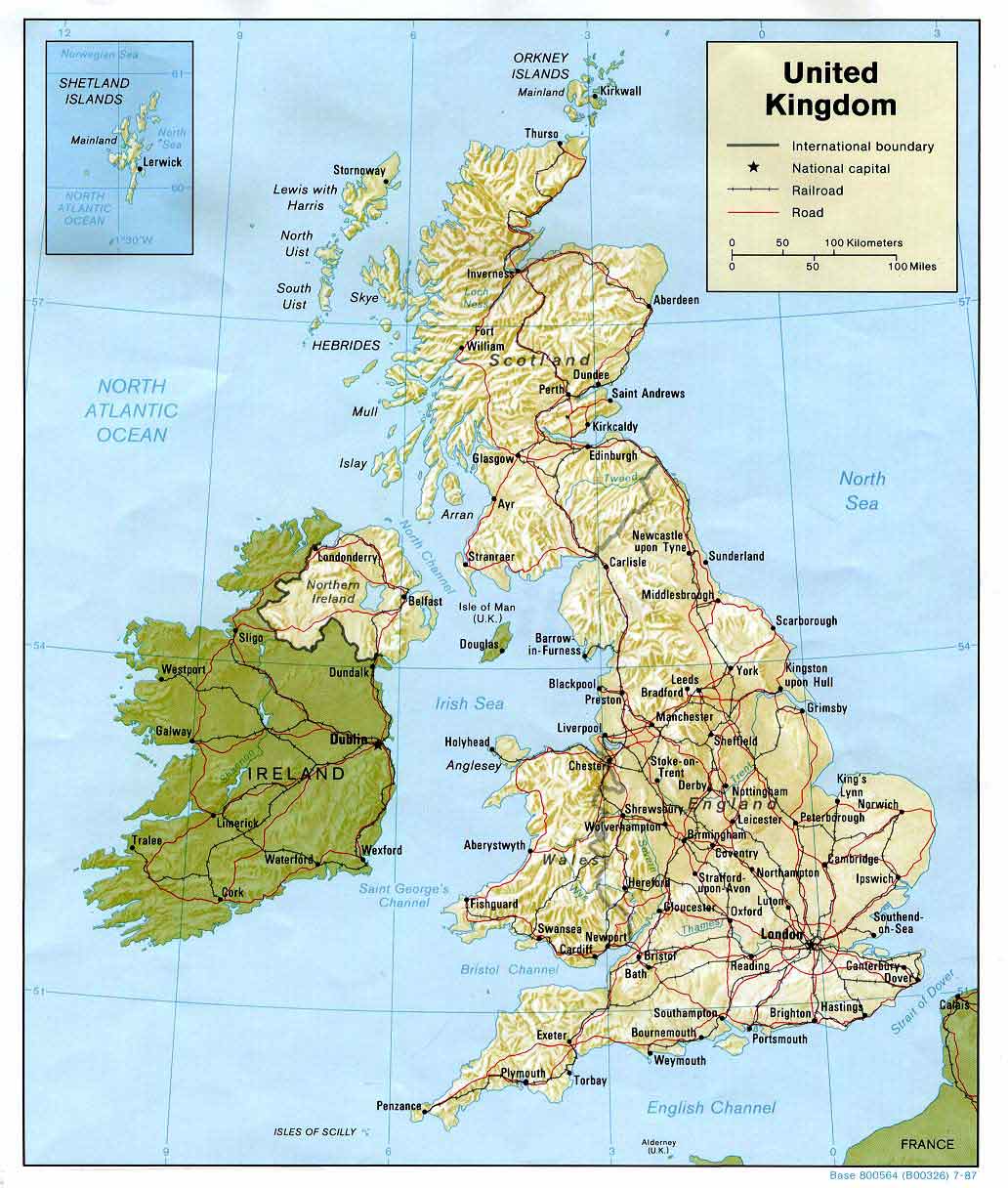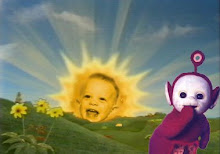
This morning, I pulled into Euston Station from Glasgow and a weekend in lovely Oban, shortly before 7 am. Given daylight savings time here in the U.K., it gave way to a beautiful sight of mist shone through sunlight against a billowing and broadcasting sky of gray. As the sun rose, I felt home again.
I've got a lot to say on that topic, and frankly, I'm one glass of wine too deep to write about it and post the photos (it's quite a laborious task, you understand).
I've done a bit of writing, a bit of growing, and a bit of exploring of both my self and this wide world over the past week. A week off was much needed, and I return to class anew, as if with new eyes. I am determined to make something of this experience that cannot be shared in anything but story. I am on a mission to find myself a story to tell that is neither my own nor public, I am trying to find something to latch onto.
For now, here is a bit of work I did for my writing class. The assignment was, and I quote: Assignment 3: Analysis of 1) some object related to traveling, 2) some traveling place, OR 3) some London cultural custom that needs explaining.
Writers on this assignment unearth the meaning of a generic object related to traveling (the suitcase or backpack, the souvenir, the guidebook, the map, the passport, etc.) OR they analyse the meaning of generic traveling spaces like airports, train stations, youth hostel rooms, etc. OR they observe and explain something from the perspective of a foreigner in London - some bizarre, or common, or vital part of British society or culture (see the list of Sample Topics below, in this syllabus). Each piece of writing will be evaluated on how insightful and clear the analysis is. Some topics qill require research.
Now, once you get through all that mindless garbage spat at us like chewing tobacco, you get a simple mission: write about something. I originally wrote about my travel journal, but it was very self-worthy, almost like masturbation. I remained very... pretentious, comparing myself to Hemingway and Picasso, both of which, I admire greatly but am by no means comparable to.

In the end, I wrote this:
David Mountain
The Passport
The origins of the passport date back to the Persian Empire, as noted in the Hebrew Bible. The King Artaxerxes I gave a piece of parchment to his servant Nehemiah to grant him safe passage as he traveled through Judea. Though not as we know today, this was perhaps the first piece of parchment that acted as a symbol of safe passage during travels to lands unknown. They have, of course, since changed both in form and manner and have become the handy companion of all those who seek out to witness new territories, albeit legally.
Exact origins of the name “passport” remain unknown, though scholars of language could derive its meaning to “pass” through the gates (Latin: “porte”), or borders by common speak, of foreign lands. The general premise has always remained the same: to legitimize travel and to document the places the holder has gone, and will go.
Before photography existed, these passports were simple sheets of paper, letters even, that included where and where not one was allowed to make a destination. The passport was the key to lands only previously locked in imagination, the document was a silent witness of one’s past, there only for the journey to make these explorations valid to whomever cared to mind the passport. To the holder, it could act as a testament of a life once lived, in another place, with other people, as if in another reality. And, for all it is worth, this has fortunately stayed the same.
Passports have become the necessity of all those seeking to get up and leave, to try out a new set of soil and to dust oneself with the earth of another’s home. The common passport, varying in color and design, varies from country to country. Spain and some of Europe bind theirs in maroon, the United States donning a royal blue façade that has become markedly more elaborate through the years as to thwart counterfeiters. Strange, as it may seem; these passports that once granted passage and let all wanderlust adventurers’ dreams come true, now act as barriers to places on this earth, as the borders become more strict and the governments more exact as to who is allowed into their tracts.
When I was a child, I was given my first passport by my parents, though, I guess, technically it was by the government’s allowance. No more than a boy, I had my photo taken, and in weeks, I received a thick binding that has since, until its expiration, acted to remind me of the places I’d been. Though the picture, horrid, reflects a boy I once was, the places that stamped their seal announcing my arrival travel with me even to this day. Gone is the boyish grin or the curly cue at the front of my hair, but you’d be hard pressed to find a moment when these places have left me. I have since received two more passports. They each took their fair share of beating and their edges became worn, only to be replaced by something new and shiny. The pictures are in their places and they reflect someone I no longer am, though, upon further investigation they bring up memories I cannot shake. The Bermudan stamp marked in the summer of 2003 stings my back with sunburn attributed to shirtless snorkeling; the French mark tastes of cow brains and escargot; the fading Canadian pound fills me with fresh air and the ecstasy of a good trek through the woods.
My current passport, shiny and new, is far more sophisticated than that of my old one. Implanted with microchips and elaborate detail on each page, it bears no resemblance to my old one – except the photo is equally horrible. Dave Barry, a comic writer, said of passport photos: “To enter Europe, you must have a valid passport with a photograph of yourself in which you look like you are being booked on charges of soliciting sheep.” Though sheep herding is perhaps not my profession, I do look a bit appalling. Ugly and obtuse, this photo reflects nothing of me. The intense security blanketing the pages reflects little of my lifestyle; I am very carefree and walk down dark alleys with change in my pockets. However, the stamp is all me – Heathrow Airport / August 2008, says, as if admitting to the world and whoever’s face that is (certainly not mine) on the first page, that I had in fact made it there.
How glorious the days before passports must have been. Free, you were, to run amok across borders and into territories as far as the eye could see. No one to say “don’t do that” or “show me proof of your purpose” but only you against the elements across barren landscapes and pitted against or for foes or friends that you met in these places. Constricting, this passport is. Holding you in, asking you to check in with a faceless gatekeeper before exploring the globe how you see fit. It is sad that we now need permits, which is really what these passports are, to enter and leave.
You cannot travel without a passport any more. Though in older days it was entirely possible, today it is travelers taboo. It’s doubtful that Lewis and Clarke, on their infamous journey to map the West, took with them photographs or likenesses of themselves with a presidential seal allowing them to act as they pleased in Native American and French territories. However, today, it remains a necessity to both enter and leave a country. Even your own home you cannot return to were you to forget your passport. You would, of course, have it sorted out, but after much headache and brazen scolding by border police.
Strange, I often think, how much this little booklet of memories elicits fodder for fantasy as to where exactly I will go next. It is blank, new, and will not expire for some ten years. It holds no recollection of the passports past or the passports future, but it documents my travels for a ten year span. Oh, how it will fill with stamps that upon a second glance, will burst through the thick binding and rush through my eyes in the years to come, they will preserve those memories and forsake me for ever forgetting where I’d been, who I was, or what my life once resembled. The picture, too, a reflection of a life past, the blank pages pressing me further to fill them. Imploring me to explore. Daring me to leave it behind and see where I get.
Music I Like This Week:
If I Were You I'd Pay Attention To:
THE FUCKING ELECTION
and the fact that we bombed Syria.


2 comments:
That photo sucks.
Where are the links to my music?!?
Post a Comment